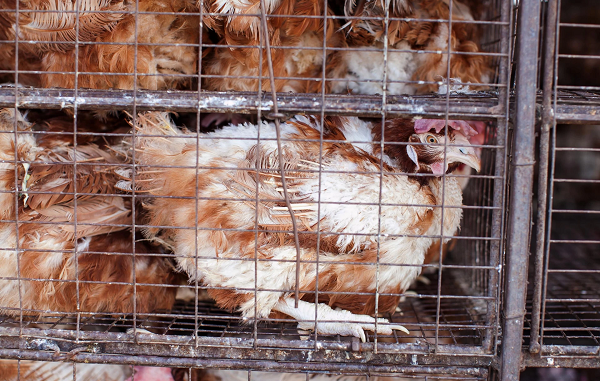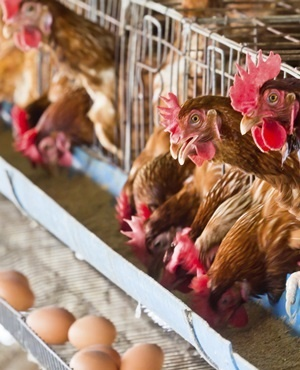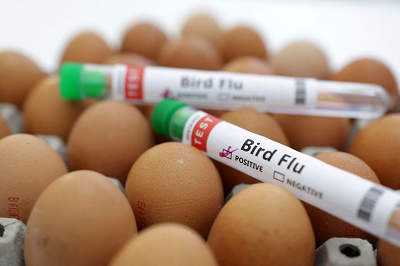

Founder: Turnaround Talk
Over the past three years, we have experienced the economic impact that a global health pandemic can have on a country. The Covid-19 pandemic significantly impacted the South African economy as there was very little government financial assistance for affected companies.
As the world moves on from Covid, it now faces an outbreak of Avian Flu, which has had a significant economic impact on the global poultry industry.
Global impact
According to a report by global animal welfare organisation Four Paws, the latest Farm Animal Investment Risk & Return (FAIRR) Initiative report shows the avian flu outbreak in the United States has resulted in approximately 40 million animal losses and economic costs from US$2.5 to US$3 billion. The report also highlights that these significant economic losses are not only in the private sector but also in the public sector.
According to the World Organisation for Animal Health, by the end of 2022, sixty-seven countries across five continents had reported highly pathogenic avian influenza outbreaks.

Image By: RCL Foods
Dr Helena Wright, Policy Director at FAIRR Initiative, said, “The recent avian flu crisis has led to significant economic impacts for farmers, producers and workers as well as impacts on rising food prices around the world. With governments coming together to discuss a global pandemic treaty, it will be important to consider a preventative approach recognising that pandemic prevention is cheaper than response.”
“Recent studies suggest that three out of every four emerging infectious diseases are zoonotic, meaning they are transmissible between animals and humans. Preventing disease spread in the animal farming sector is essential to stop the spread of novel zoonoses. Factory farming of animals contributes significantly to the spread and mutation of diseases, increasing the risk of dangerous mutations that can jump from animals to humans and eventually among humans. What we must see globally is policy initiatives that are aligned with the One Health approach, tackling the drivers of disease outbreaks in farming while shifting from large-scale intensive farms with high stocking density to small farms, which rely on high animal welfare standards to limit animal suffering and financial losses caused by outbreaks.”
Local impact
According to a Reuters article, RCL Foods said on Thursday (28 September) that its poultry unit Rainbow has culled 410 000 chickens due to the country’s worst outbreak of avian flu, heightening fears of chicken meat and egg shortages.

Image By: REUTERS/Dado Ruvic
The outbreak of Highly Pathogenic Avian Influenza (HPAI), a bird flu which spreads rapidly in an infected flock, causing a high death rate, has already impacted table egg supplies in the country, and producers have warned of chicken meat shortages in the coming weeks.
On 27 September, neighbouring Namibia suspended poultry imports from South Africa, citing the bird flu outbreak. However, South Africa only exports between 1% and 2% of its production, according to the country’s poultry producers’ association.
Earlier in September, RCL’s peers, including the country’s largest integrated poultry processor Astral Foods and Quantum Foods, said the bird flu outbreak was ravaging a sector that was already burdened by South Africa’s electricity crisis and rising costs.
Managing risk
In terms of business management, the risk management lessons learned during the Covid Pandemic were invaluable to many companies and are possibly the reason why the poultry industry has not suffered a more significant impact.
It will be interesting to see how the industry addresses the immediate challenges of the Avian Flu pandemic. It is another illustration of the fragility of supply chain networks and the need for agility when managing them. Suppliers who can access reliable products and provide them to the retail market will see their profits soar. Those who slept on the lessons learned during Covid are busy kicking themselves.
This may have a significant impact on the business rescue profession in the coming months.




